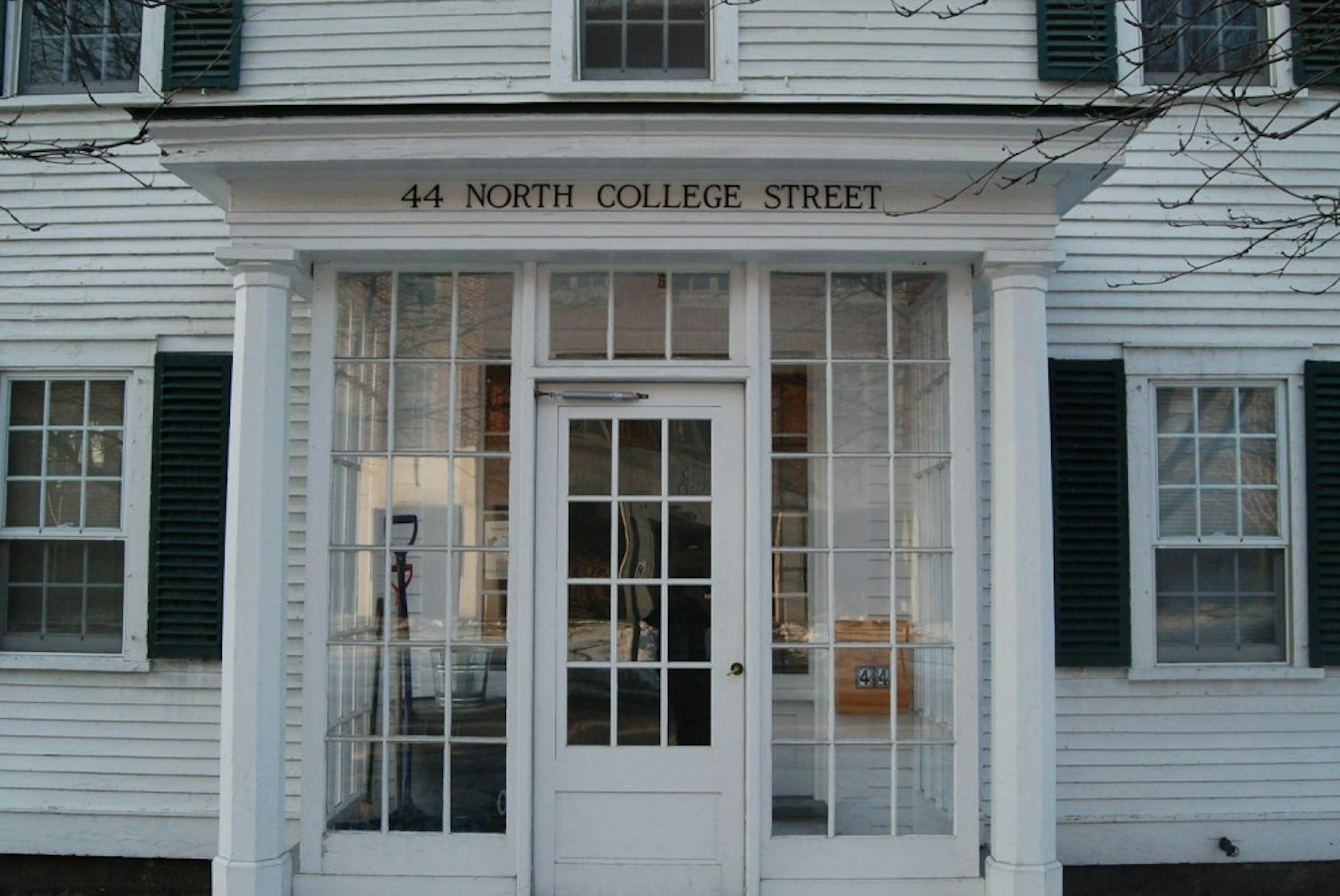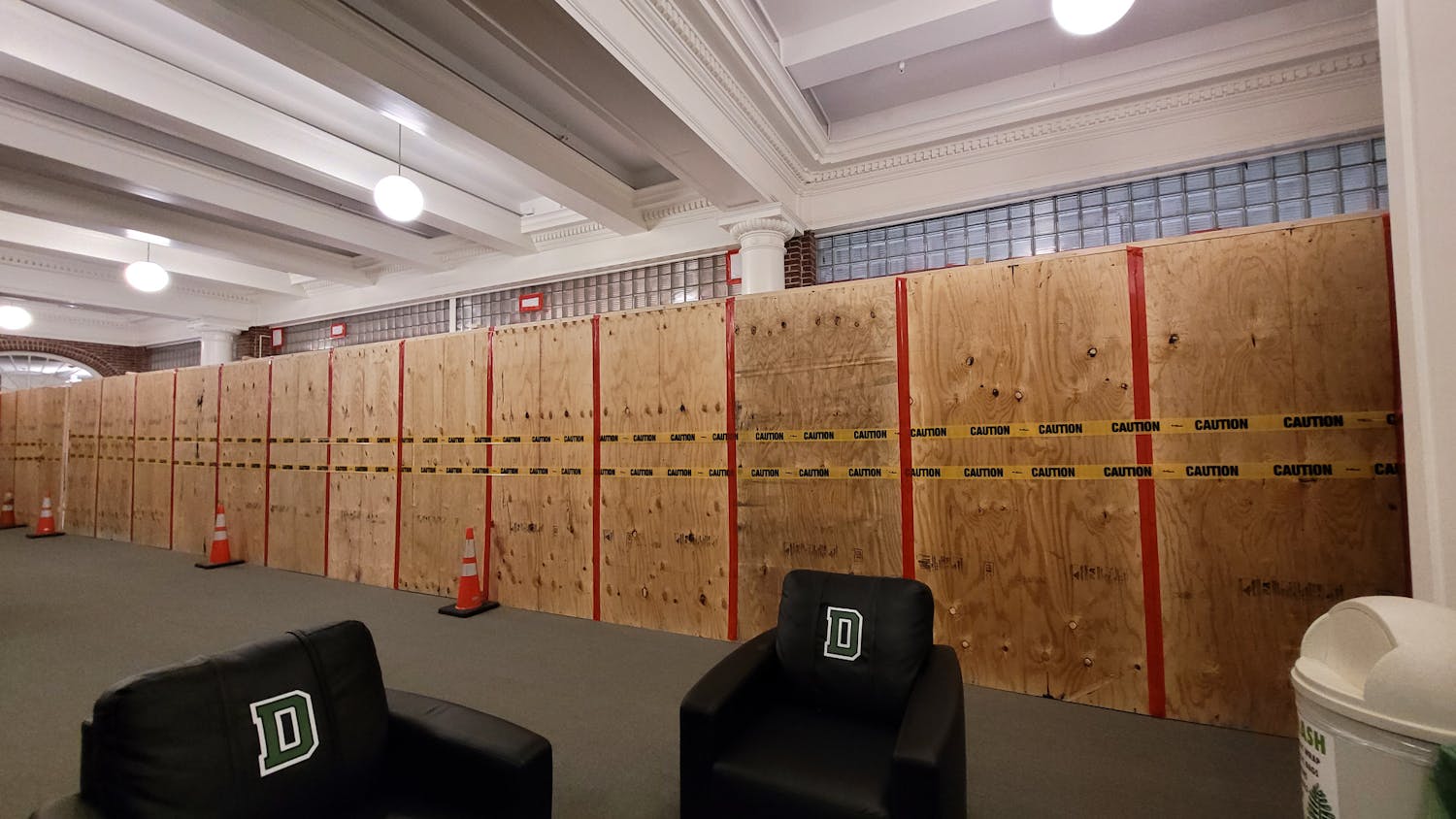As the United States confronts allegations that the National Security Agency spied on German Chancellor Angela Merkel, students studying abroad in Berlin on the German foreign studies program find themselves at the epicenter of an international scandal.
Although this revelation has led to outrage among citizens and protests in the Berlin streets, German studies professor Gerd Gemunden said he believes that it will not negatively impact the students’ experience there. FSP participants said they have enjoyed being in a city where so much history has occurred.
Allegations were made earlier this year that the NSA had been tapping into German cell phone conversations and mining the data, but the actions were only recently confirmed.
“At the time Angela Merkel did not do anything about that and categorized it as what intelligence services do,” Gemunden said.
Spying on citizens was widespread during both the Third Reich and Communist rule in East Germany, and consequently German citizens are particularly sensitive to this right being violated, Gemunden said.
There are currently seven students on the FSP, which offers them a chance for intense immersion into Berlin life and culture through concerts, operas and visits to historical sites while they stay with host families. Advanced language training and German history classes are taught by local professors, and Gemunden teaches a third course on theater.
Nate Greabe ’16 said in an email that the NSA scandal has been in the news since the students arrived, but the new revelations brought the outrage to the forefront.
“It leads the news everywhere, and there is really just a general sense of betrayal — the Germans really consider America a close ally,” he said. “Even more conservative political leaders have denounced the U.S. in the last week, which is surprising because they generally work very closely together with each other.”
Gemunden said a German policeman was quoted in the daily newspaper Der Tagesspiegel as saying the Americans are just like the former East German secret police force known as the Stasi, only with better technology.
“I personally think that this comparison does not hold true, but it is interesting that a policeman would say something like that,” Gemunden said.
FSP participant Bay Lauris ByrneSim ’15 said in an email that several former pro-American politicians have issued anti-American statements, including the economic minister of Bavaria, who threatened the German-American free trade agreement.
“It seems like most American coverage is focusing on how it reflects on Obama as a leader, while the majority of the Germans are focused on how the Americans have been supposedly monitoring phone conversations from the American embassy, right in the center of Berlin,” she said.
Coincidentally, the students also visited Teufelsberg, an abandoned former NSA facility, as part of their program last Saturday. When Allied forces left the facility in 1992, the building became a fenced-in modern ruin.
“It just reminded me that we’ve been using our best technology to do espionage here since the beginning of the Cold War, and it would be naive to think that we weren’t still doing so,” Greabe said.
German-American relations have been strong since World War II, particularly in Berlin, and they will likely remain that way, Gemunden said. Americans helped Berliners during the Berlin Airlift and numerous U.S. presidents have spoken in the city.
Germans are also amused that Merkel is only now responding and complaining to Obama about the spying because the issue has become more personal. ByrneSim said there is a circulating joke in the German media that Merkel should not have bothered calling Obama to complain when she could have called any number to complain and the president would have heard.
The effects of the international spying scandal have also extended to the students’ academics. In light of recent events, German professor Keith Allen, who has written a book on CIA spy tactics in East Germany during the Cold War and who is teaching the FSP’s history class this term, altered the syllabus to include a week dedicated to the examination of the NSA’s history.
The recent events have not affected students’ relationships with their host families and other Germans.
“Germans can make the [distinction] between what the government does and the people of a country,” Gemunden said.




